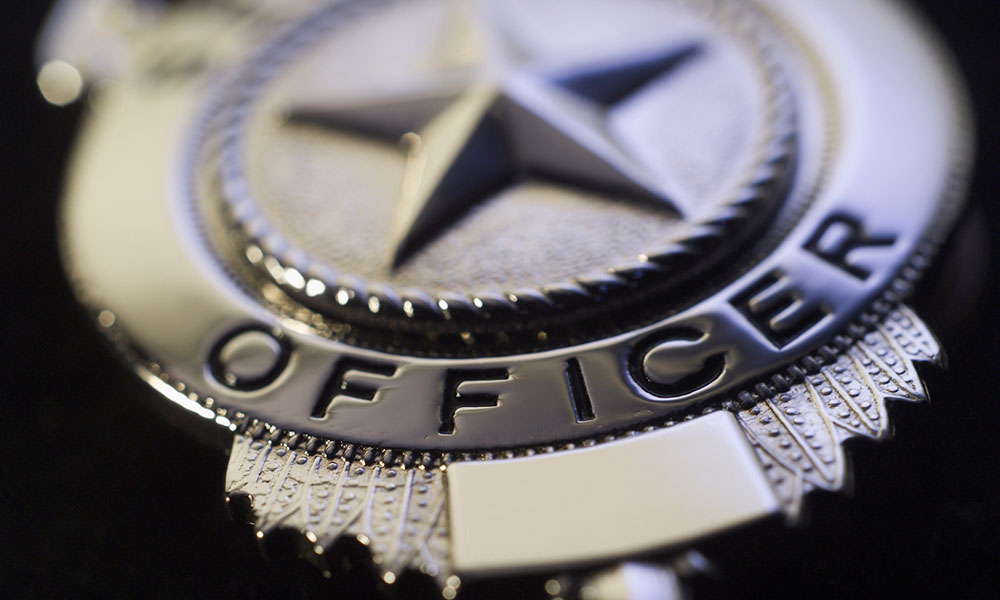
Law Enforcement Groups: Cellphone Ruling Will Hurt Investigations
The U.S. Supreme Court's decision this week requiring police to get a search warrant before accessing the information on a suspect's mobile devices could delay criminal probes, law enforcement groups say. However, one justice's concurring opinion could point to a legislative path forward.
When it comes to accessing suspects’ cellphones, police officers will have to dial it back.
The U.S. Supreme Court’s unanimous ruling Wednesday in the combined cases of Riley v. California and United States v. Wurie [PDF] requires police officers and other authorities to obtain a search warrant before accessing the mobile devices of people they arrest.
The decision, which the justices based the Fourth Amendment’s protection against unreasonable search and seizure, was widely lauded by privacy advocates. But several law enforcement organizations suggested the ruling would make it harder for officers to do their jobs.
The National Association of Police Organizations (NAPO), the International Association of Chiefs of Police (IACP), and the Fraternal Order of Police were among the organizations that raised concerns about the ruling, which they predicted could lead to delays in prosecution and the loss of time-sensitive evidence.
In a comment to Agence France-Presse, IACP President Yousry Zakhary said that the high court’s decision was “disappointing and will undoubtedly impact law enforcement’s ability to investigate and combat crime.”
NAPO Executive Director Bill Johnson, meanwhile, noted that obtaining a warrant for a smartphone would be a tough sell.
“You have to make that jump: I bet he’s got a bunch of stuff on his phone. And that’s not good enough,” Johnson told NBC News. “The officers are really going to have to point to something specific that ties that phone or that suspect’s use of phones to the commission of a crime.”
Long-Term Effects
If there was a silver lining in the decision for law enforcement organizations, it came from Justice Samuel Alito’s concurring opinion. Though he agreed with the decision, the conservative justice suggested that Congress could pass more-nuanced legislation regulating how law enforcement acquires information from digital devices.
“[I]t would be very unfortunate if privacy protection in the 21st century were left primarily to the federal courts using the blunt instrument of the Fourth Amendment,” Alito wrote. “Legislatures, elected by the people, are in a better position than we are to assess and respond to the changes that have already occurred and those that almost certainly will take place in the future.”
Despite unhappiness with the ruling, some law enforcement organizations hinted that it might be a hurdle rather than a roadblock. “It just adds to the length of the investigation,“ Massachusetts Police Association Executive Director James Machado told The Boston Globe.
The IACP’s Zakhary drew a parallel between Wednesday’s ruling and the one in Miranda v. Arizona, perhaps the Supreme Court’s most well-known case involving how police interact with suspects. The 1966 decision established the requirement that officers must read what are now known as “Miranda rights” to people in custody prior to interrogation.
“With Miranda, you’ll never get confessions” was the immediate prediction after that ruling, Zakhary told The New York Times. “Well, we routinely get confessions. We worked through that, and we will work through this one.”
(iStock/Thinkstock)






Comments